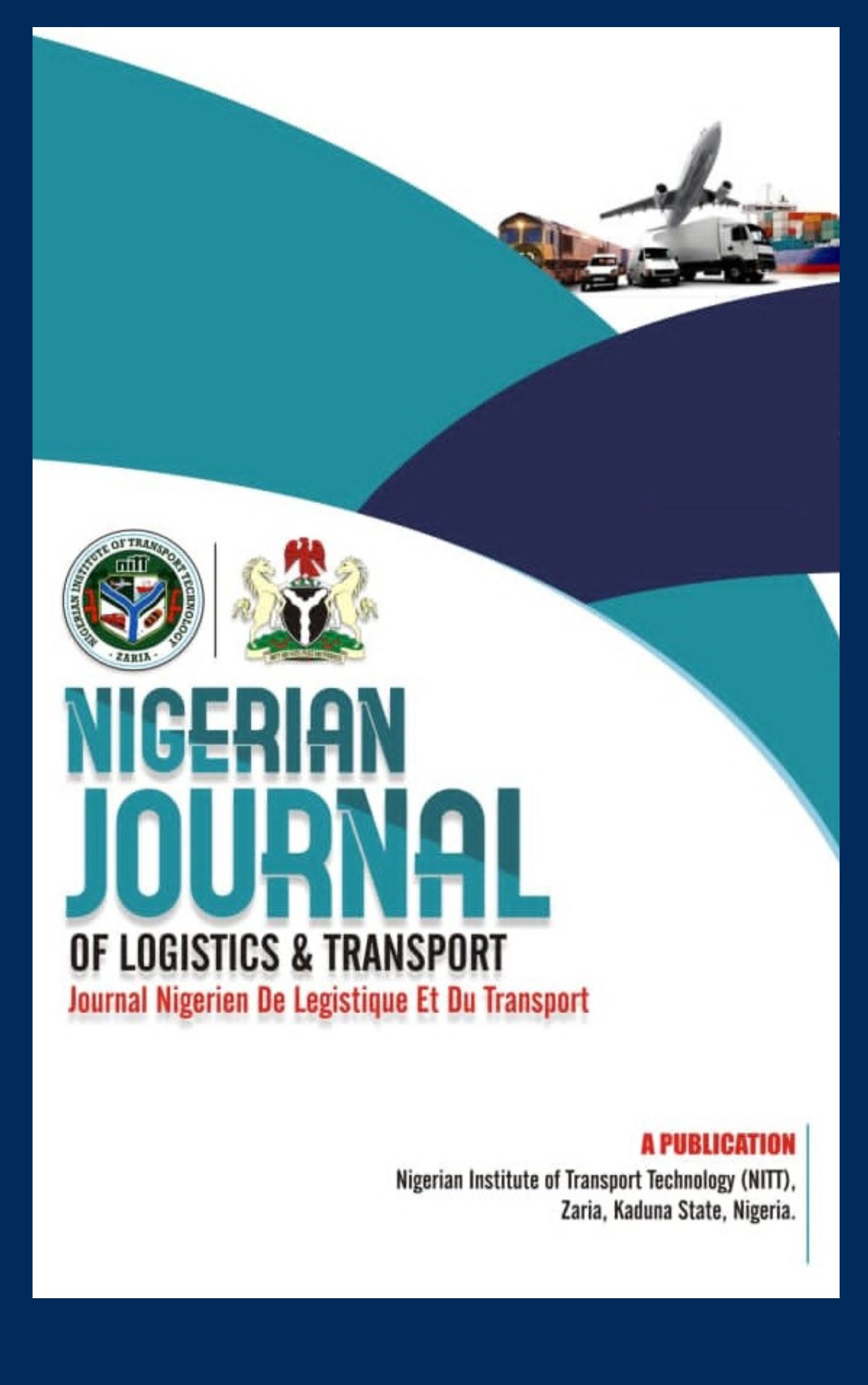Abstract
The bus rapid transit system is a scheme meant to move passenger within the city fastly and comfortably. However, it was observed that BRT buses are not moving passengers as fast as expected. This study therefore ascertained the possible causes responsible for the long travel time experienced by BRT passengers along Ikorodu-TBS corridor in Lagos metropolis. Using a structured questionnaire, 289 passengers were randomly selected at Ikorodu/TBS BRT bus terminals and some bus-stops along the corridor. The structured questionnaire focused on the respondents' biographical information, factors determining travel time and preferences for BRT buses. The descriptive statistics (percentages, tables and bar chart) were used for the data analysis while the stepwise regression was used to test the stated hypothesis. The findings showed that passengers’ waiting-time at BRT terminals and bus-stops was mainly responsible for long travel time experienced by BRT passengers. The step-wise multiple regression results indicated that passengers waiting-time was 85.2% responsible for the long travel time and was found to be significant at (F=29786.572, p<0.05). The study suggested that the BRT managers should provide more buses to meet the travel demand of the commuters particularly at the peak-periods. Also, adherence to rules guiding the global standard of BRT operation must be activated and strictly observed.



 National Library of Nigeria
National Library of Nigeria.jpg) Association of Nigerian Authors
Association of Nigerian Authors Nigerian Library Association
Nigerian Library Association EagleScan
EagleScan Crossref
Crossref